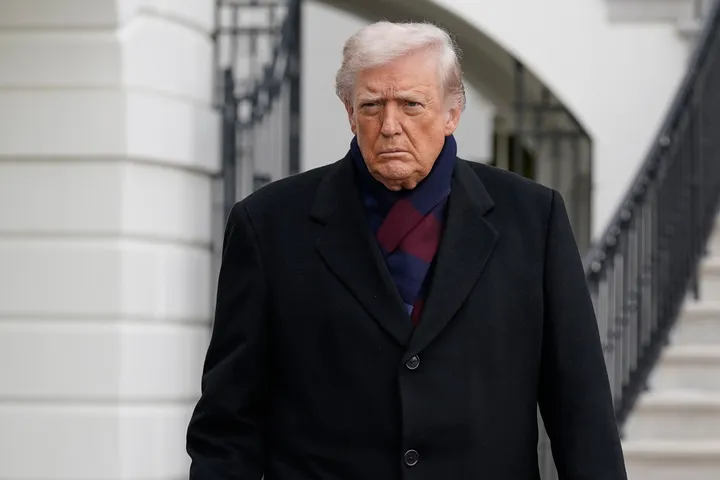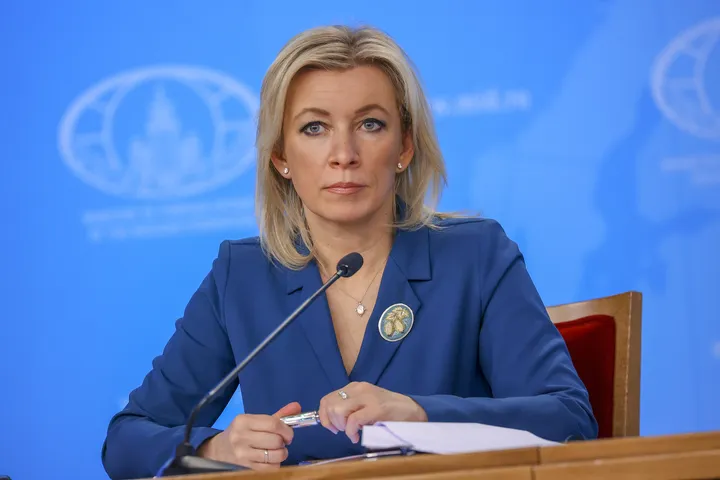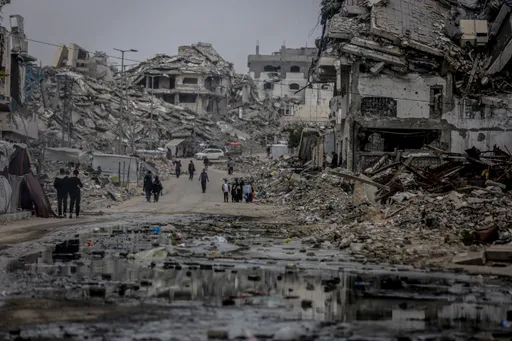China has announced an increase in its military spending while warning of "escalating" threats from abroad, at a meeting of its parliament that is set to hand Xi Jinping a third term as president.
Speaking at the full meeting of the 2,977 members of the National People's Congress (NPC), outgoing Premier Li Keqiang on Sunday told delegates that "external attempts to suppress and contain China are escalating".
“We remained committed to the Party’s absolute leadership over the people’s armed forces,” he added.
The premier also called for “building up our country’s strength and self-reliance in science and technology," an area in which Beijing’s state-led efforts to create competitors in electric cars, clean energy, telecoms and other fields have strained relations with Washington and other trading partners.
The country's planned budgets for the year put defence spending at 1.55 trillion yuan ($225 billion), a 7.2% increase over last year.
China's defence spending still pales in comparison with the United States, which has allotted over $800 billion for its military this year.
READ MORE: Explainer: China’s ‘two sessions’ and what is significant this year
World's largest military
The People's Liberation Army (PLA) has over two million trained men and women on active duty, according to the London-based International Institute for Strategic Studies (IISS), making it the world's largest armed force.
Beijing has pruned its military in recent years, cutting nearly 300,000 soldiers from its land-based forces in 2019, while pouring billions of dollars into defence modernisation.
It plans to complete those efforts by 2035, and to transform the military into a "world-class" force rivalling those of the United States and other Western powers by 2050.
China also has the largest navy in the world in terms of the number of vessels, but the fleet contains many smaller warships, including frigates and corvettes.
Beijing has three aircraft carriers, but only two are operational, with the third still in testing. The United States has 11 aircraft carriers.
China also has a large stockpile of missiles, along with stealth aircraft and bombers capable of delivering nuclear weapons, as well as nuclear-powered submarines.
Beijing has about 350 nuclear warheads, far fewer than the 5,428 held by the United States or the 5,977 owned by Russia, according to data from the Stockholm International Peace Research Institute (SIPRI).
China's nuclear stockpile is expected to increase to about 1,500 warheads by 2035, the Pentagon said last year.
READ MORE: US endangered peace by flying recon plane through Taiwan Strait: China
Escalating 'threat perceptions'
The ramped-up spending by China comes during a low point in relations between China and the United States.
Beijing and Washington have butted heads in recent years over trade, Taiwan and other issues, but relations soured even further last month when the US shot down a Chinese balloon it said was being used for surveillance – a claim strenuously denied by Beijing.
Top American officials have also repeatedly warned that China may invade Taiwan in the coming years, pointing to Beijing's increasingly assertive military moves around the self-ruled island, which it sees as its own territory and has vowed to bring under its control.
Niklas Swanstrom, director of the Stockholm-based nonprofit the Institute for Security and Development Policy, said Beijing appeared to be "investing in its capacity to take over Taiwan and keep the US out of the region".
James Char, an expert on China's military at Singapore's Nanyang Technological University pointed out that several countries across Asia were boosting their defence spending, in part due to "their respective threat perceptions of the regional security landscape".
READ MORE: China seeks 'peaceful reunification' with Taiwan, allots $225B for defence
























